By Dimitris Avramopoulos (Former Minister of Tourist Development of Greece)
(ECNS) -- In an era marked by geopolitical fragmentation, growing mistrust, and the erosion of traditional alliances, the most compelling responses may not come from the corridors of national power—but from the living, breathing fabric of our cities.
Speaking recently in Beijing, alongside peers from historical capitals like Istanbul and Athens, I was reminded of the profound role that cities play not only in shaping history, but in renewing the human spirit. These cities are not simply geographic locations; they are civilizational beacons. They house not only monuments of stone, but memories of ideas—citizenship, dialogue, continuity, and coexistence.
Today, when trust is in short supply, and polarization too often drowns out understanding, cities must rise not just as urban entities, but as moral actors. They are the sites where diversity is not debated abstractly but experienced daily—where people of different backgrounds learn, work, and live side by side. In this, cities become laboratories of empathy and trust.
Cities Diplomacy: From Memory to Movement
During my tenure as Mayor of Athens, I launched the initiative of “Cities Diplomacy” with a simple premise: even when states are locked in disagreement, cities can still speak, cooperate, and solve problems together.
This idea has since taken root globally. Cities now collaborate on everything from climate adaptation to migration management and cultural exchange. Far from being symbolic gestures, these partnerships produce real solutions—and perhaps more importantly, they foster mutual respect and understanding.
In this spirit, I invite us to move from memory to movement. The Acropolis, Hagia Sophia, and the Forbidden City are not just tourist sites—they are reminders of what humanity has achieved when driven by shared purpose. But admiration alone is not enough. We must animate this heritage, making it relevant and generative in the challenges of our time.
When the World Fragments, Cities Must Connect
It is no secret that the international system is under strain. Tensions rise. Alliances wobble. Multilateralism is questioned. But amidst this drift, cities remain anchors. Why? Because in cities, difference is not a theory—it is a neighbor. It is your child’s teacher. It is the vendor in the market. It is real, and it demands coexistence.
This proximity breeds pragmatism. And pragmatism breeds peace.
Athens and Istanbul—once rival empires—are rediscovering what unites them: shared traditions, mutual challenges, and the humility of place. Just as Beijing remains a lodestar of philosophical depth and civilizational continuity, it also shows how tradition can adapt without surrendering identity.
This is not “clash of civilizations”—it is conversation between civilizations. And it is cities that make this conversation possible.
Four Pathways for Global City Leadership
To truly realize the potential of cities as diplomatic actors, we must move from occasional dialogue to systemic cooperation. Here are four proposals:
Institutionalize Cities Diplomacy. Create durable, well-resourced frameworks for international municipal cooperation, going beyond ceremonial “twinning” to sustained partnerships in education, public health, and sustainability.
Empower Local Leaders in Global Fora. Mayors and city officials must have a seat at international policy discussions—on climate, migration, and peace. They are not just implementers; they are innovators.
Invest in Civic Dialogue Across Cultures. Support public diplomacy through arts, education, and cultural initiatives that connect citizens across faiths, languages, and geographies. Let a child in Athens learn Confucius, and one in Beijing discover Socrates—not as foreigners, but as shared mentors of thought.
Build Urban Resilience Alliances. From pandemics to climate shocks, cities must act in solidarity—exchanging strategies, technologies, and support in times of crisis.
As artificial intelligence advances and technology accelerates, one thing remains unchanged: the human search for belonging and meaning.
Cities—especially ancient capitals like Athens, Istanbul, and Beijing—can offer that meaning. Not by preserving heritage in glass cases, but by living it, sharing it, and projecting it forward. These cities are not relics of past greatness; they are resources for future coexistence.
It is time for a new narrative. One where diplomacy is not confined to ministries, but emerges from neighborhoods. Where trust is not theorized—but practiced. And where the future is not dictated from above, but co-created from beside.
In a divided world, cities are where connection begins. Let us seize that responsibility—with wisdom, with courage, and with hope.
About the author:
Dimitris Avramopoulos is the former Minister of Tourist Development of Greece. He has served in various high-level cabinet posts and was Mayor of Athens from 1995 to 2002, during which time he jointly founded the “World Union of Olympic Cities” with the City of Lausanne.









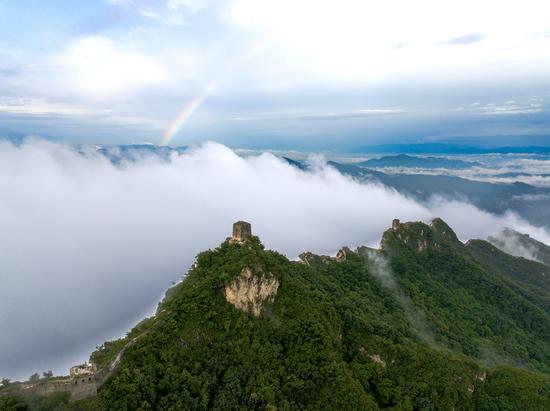
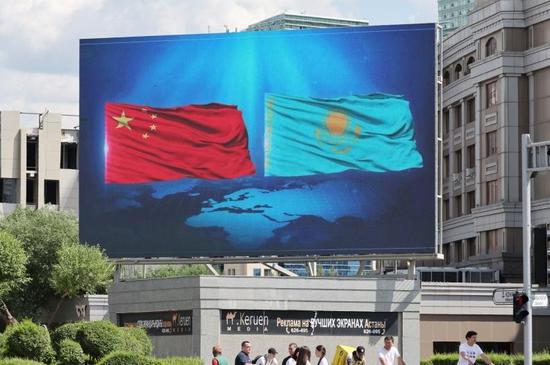
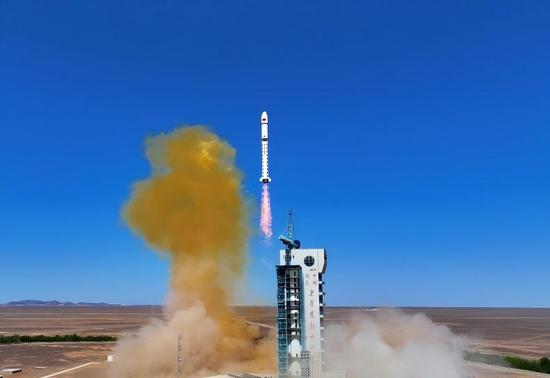
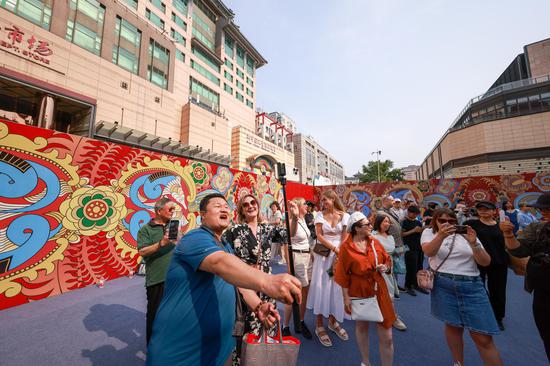
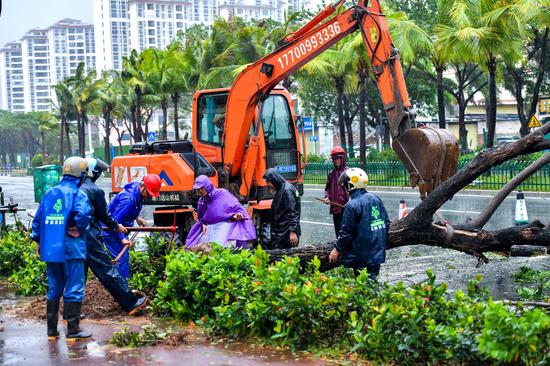
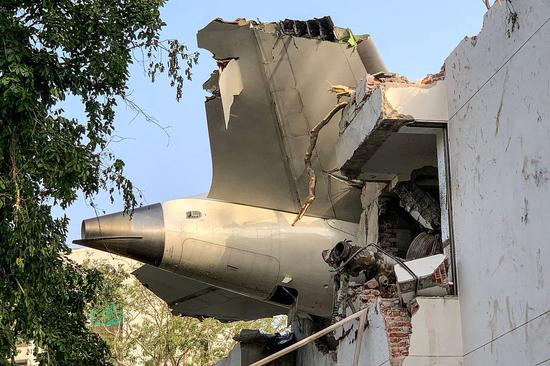
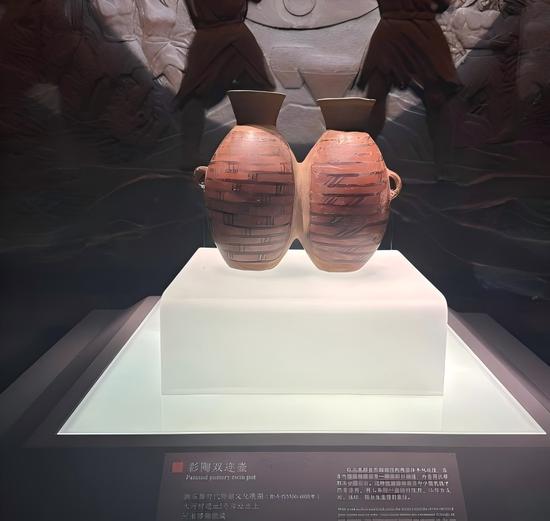
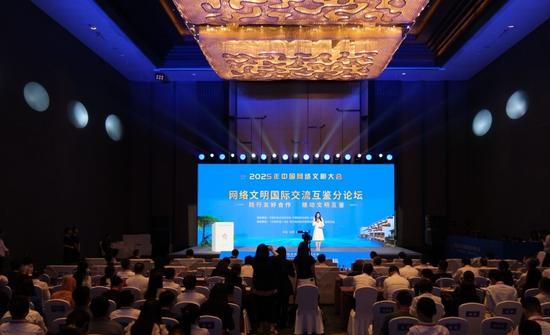





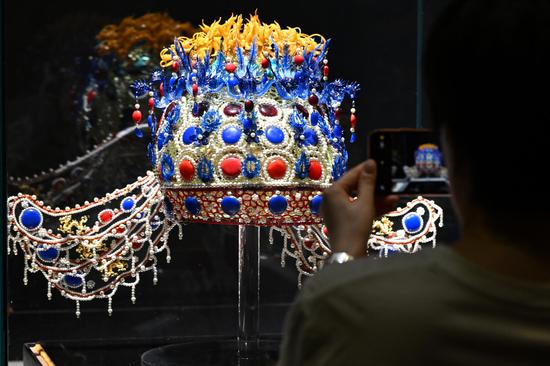



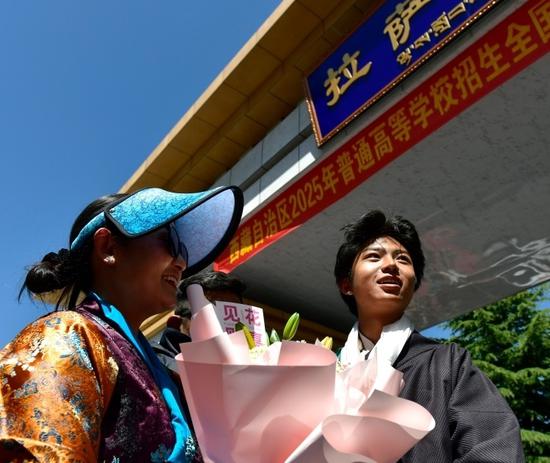
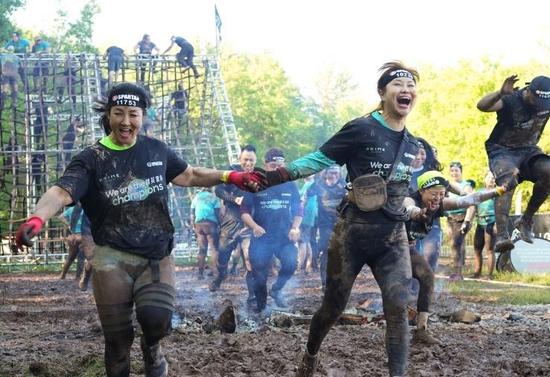
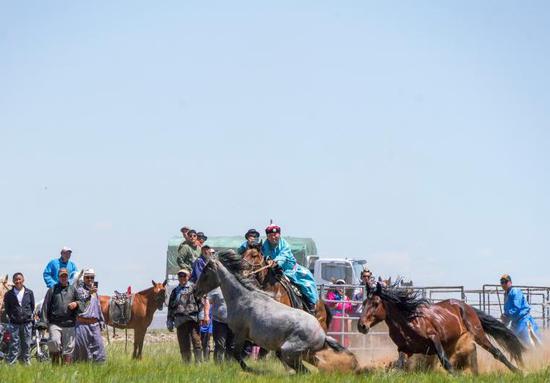




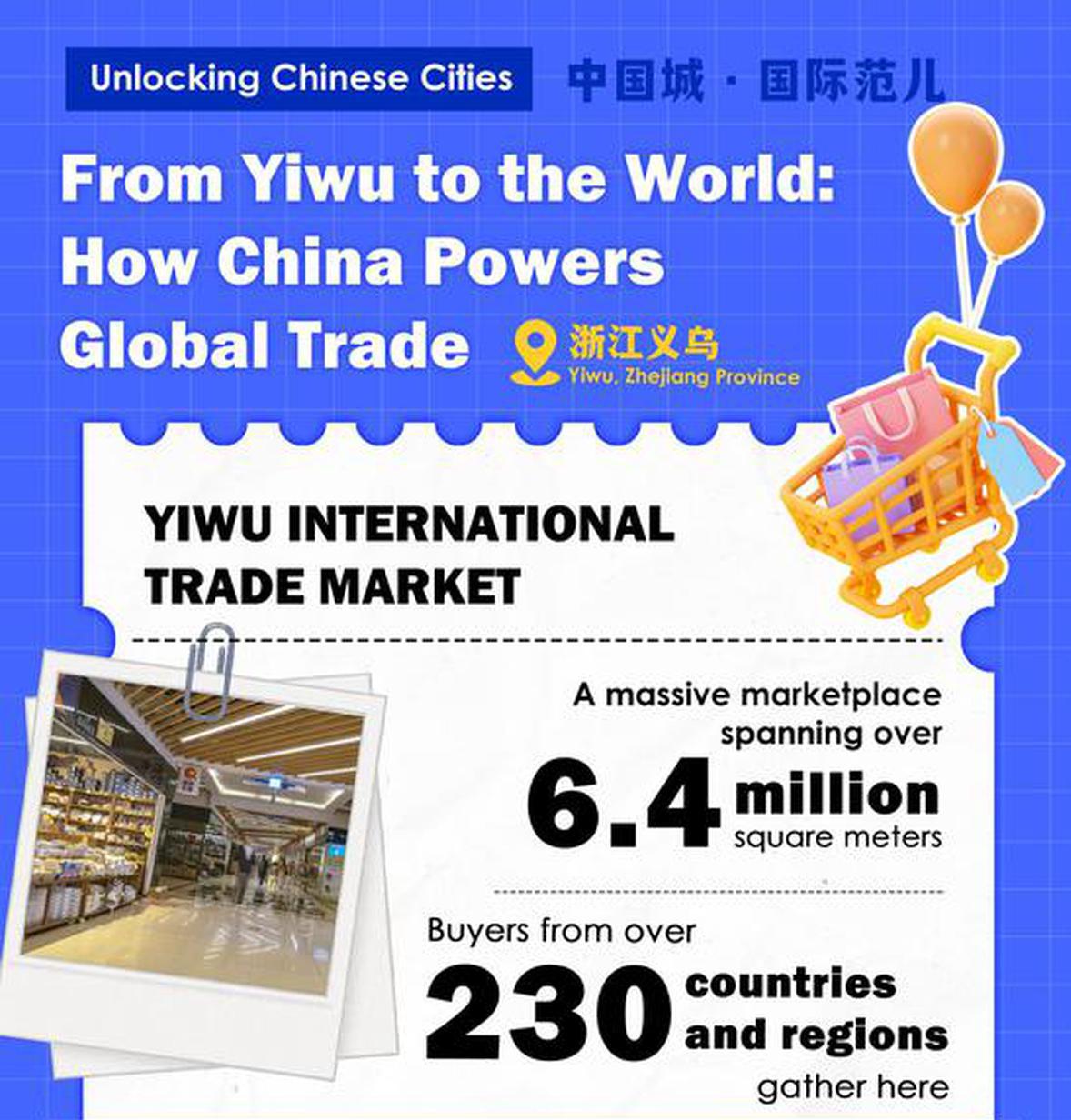
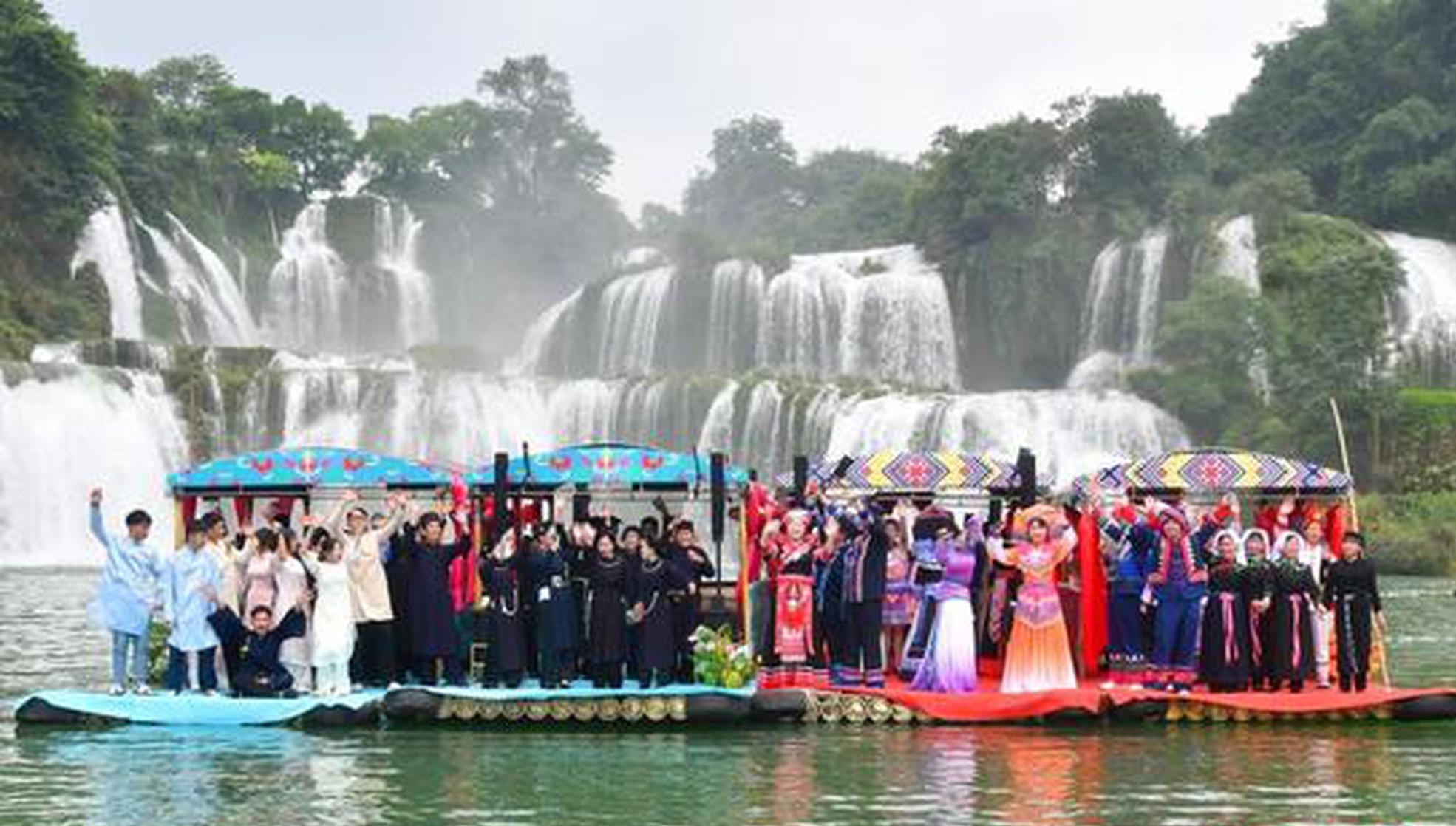
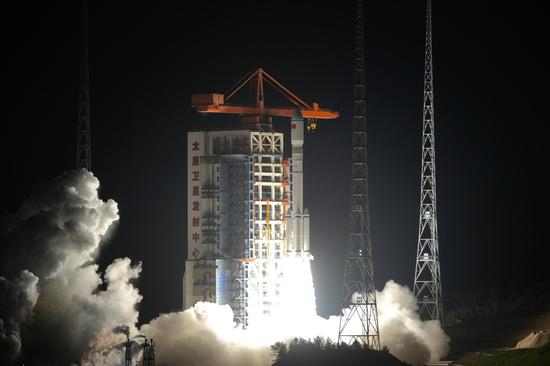

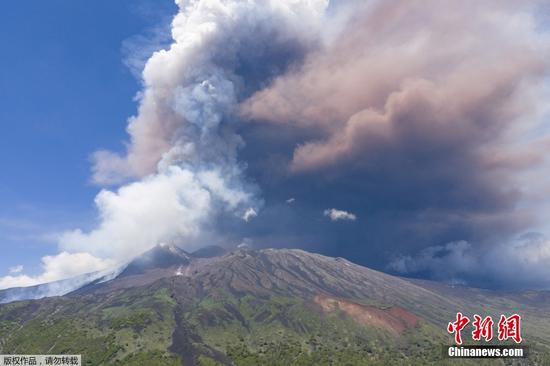
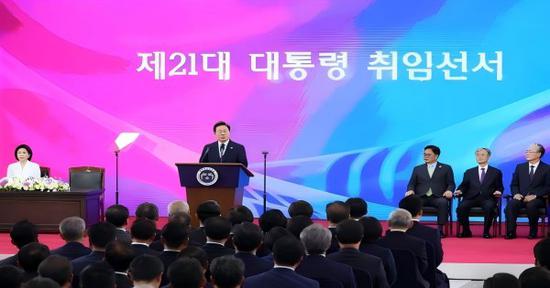
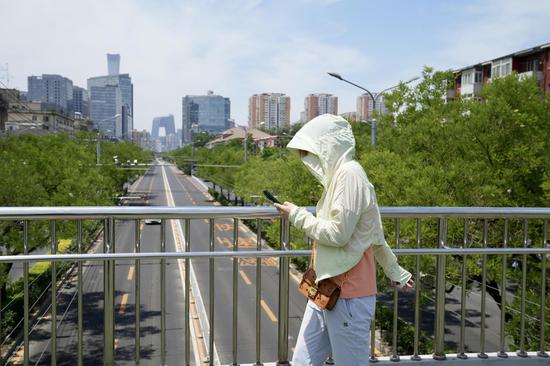

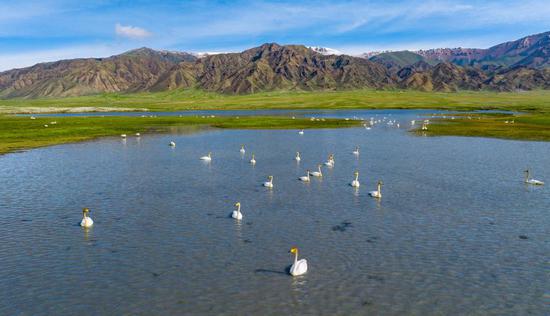

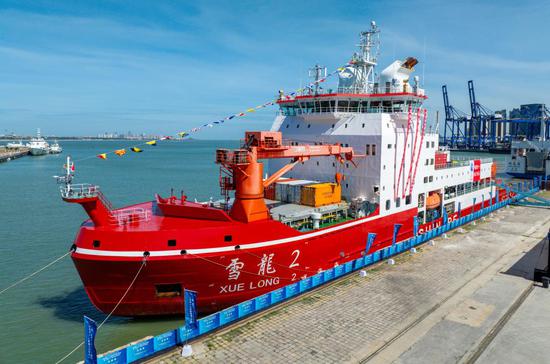
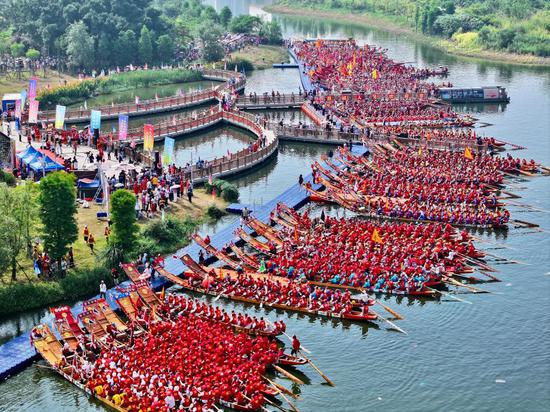

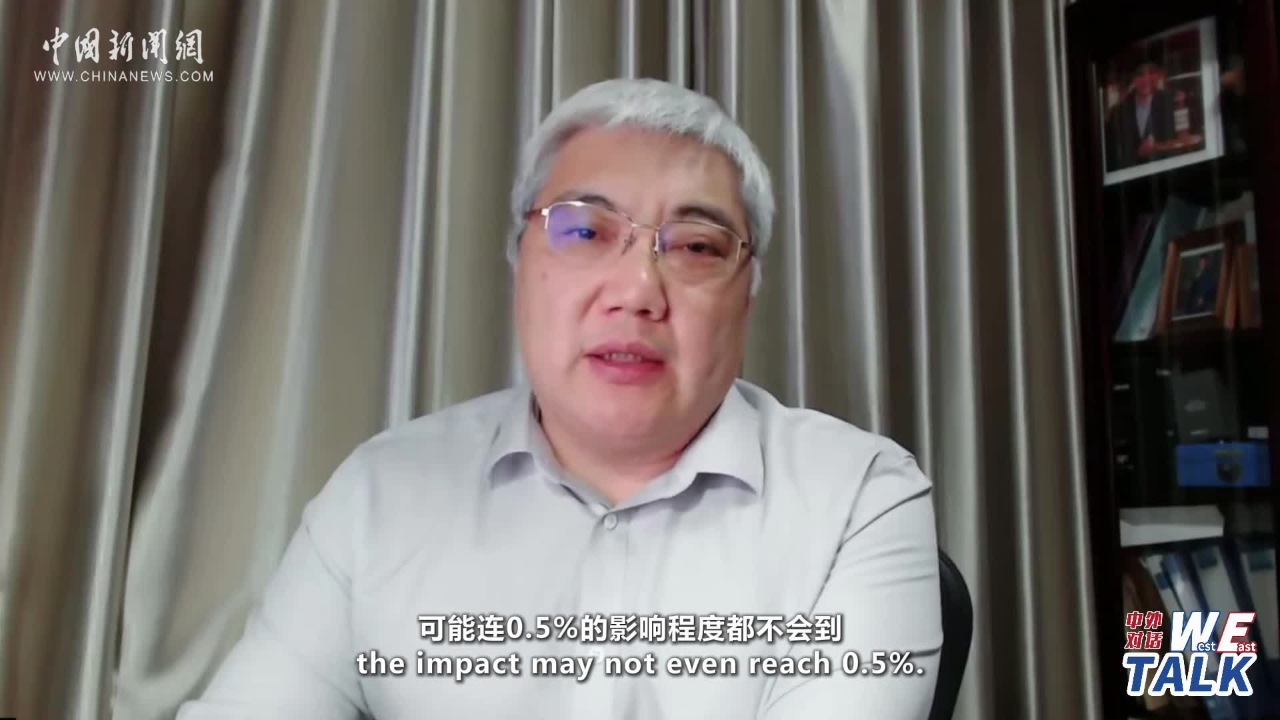



 京公網(wǎng)安備 11010202009201號(hào)
京公網(wǎng)安備 11010202009201號(hào)